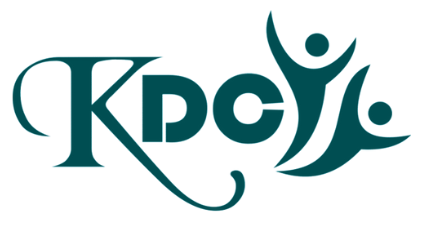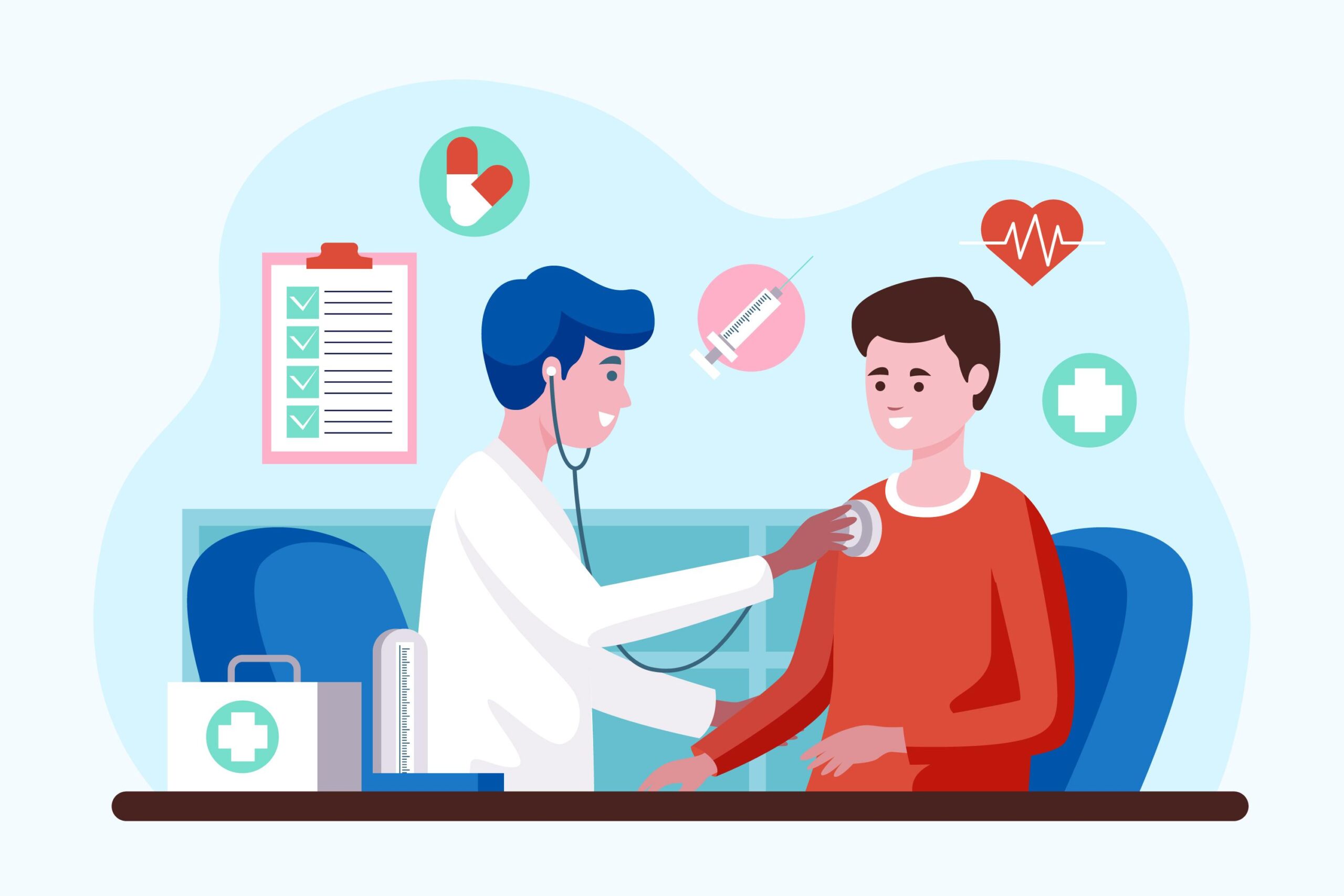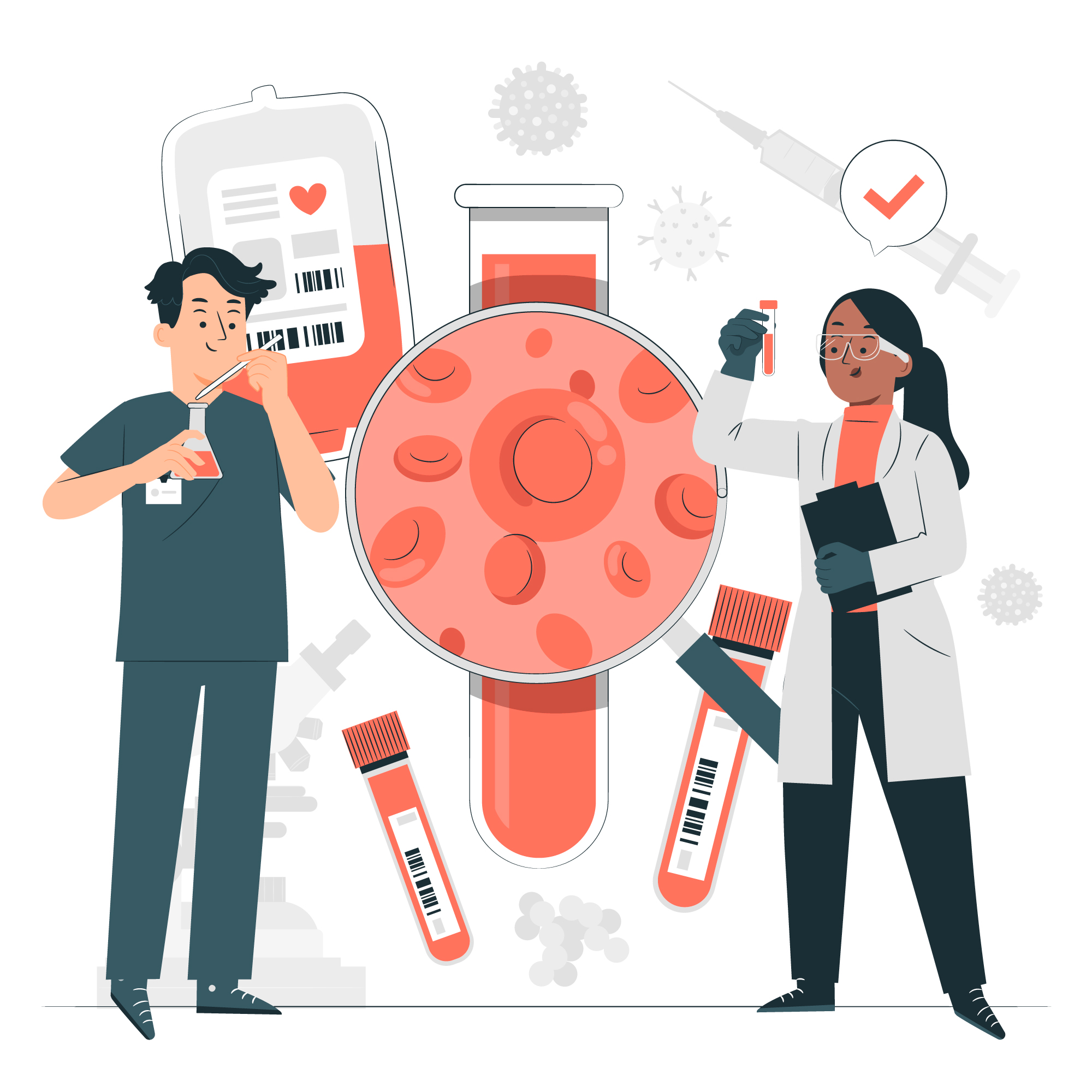🔎 Your 30s: The Silent Turning Point in Health
The transition into your 30s may feel smooth on the outside, but internally, your body begins to undergo subtle shifts. This is the time when your metabolism starts to slow down, stress levels spike due to work and family responsibilities, and the foundation for chronic diseases like hypertension, diabetes, and cardiovascular issues can start building silently.
It’s a myth that health checkup are only for the elderly or those already feeling unwell. In reality, preventive screenings play a vital role in identifying early warning signs of disease—often before symptoms appear. They allow for early intervention, which can save not just money and time, but potentially your life.
Preventive healthcare is about staying one step ahead of illness, empowering you to make informed lifestyle decisions and prevent complications down the line.
✅ Why Are Preventive Screenings Crucial?
- ⚡ Lifestyle diseases are rising in younger age groups due to sedentary habits, processed food, stress, and lack of sleep.
- ⌛ Most major illnesses—like diabetes, high cholesterol, liver disease—show no symptoms in the early stages.
- 🎓 Screenings give you the data you need to make smart choices around food, exercise, and medication.
- 💸 Investing in early detection reduces the long-term cost of healthcare by avoiding complications and hospital stays.
“Prevention is the new cure.”
📅 Top 7 Screenings Every Adult Should Take After 30
Here’s a detailed look at the essential tests you should consider, ideally once a year or as advised by your doctor.
1. Complete Blood Count (CBC) & General Blood Panel
A CBC measures various components of your blood, including red and white blood cells, hemoglobin, and platelets. It helps detect:
- Anemia (common in women)
- Infections
- Inflammatory markers
- Nutrient deficiencies
Additional tests often included in the general blood panel:
- ESR and CRP (inflammation markers)
- Blood sugar (Fasting and Postprandial)
- Creatinine and urea (kidney health)
These give you a broad overview of your health and act as the first red flags for deeper issues.
2. Lipid Profile Test
Your cholesterol and triglyceride levels matter more than you think—even in your 30s. A lipid profile helps detect:
- High LDL (bad cholesterol)
- Low HDL (good cholesterol)
- High triglycerides (fat in the blood)
Unchecked lipid levels are a major risk factor for:
- Heart attacks
- Atherosclerosis (narrowed arteries)
- Stroke
Start monitoring annually, especially if you have a family history of heart disease or are overweight.
3. Blood Pressure Monitoring
Hypertension is called the silent killer for a reason. It creeps in without symptoms and can damage organs silently.
- Normal BP: 120/80 mmHg
- Prehypertension: 120–139/80–89
- Hypertension Stage 1: 140–159/90–99
Use a home BP machine to monitor weekly, especially if you:
- Have a stressful job
- Are overweight
- Smoke or consume alcohol regularly
☑ Recommended Device: Omron HEM 7361T BP Monitor
4. Liver & Kidney Function Tests (LFT & KFT)
These essential detox organs work tirelessly—and they show no symptoms when they’re starting to fail. Regular testing helps detect:
- Fatty liver (linked with obesity and alcohol)
- Liver enzymes (SGOT, SGPT) indicating inflammation
- Serum creatinine & urea (kidney filtration ability)
Ideal for people who:
- Take regular medications
- Drink alcohol frequently
- Have a family history of liver/kidney disease
5. Thyroid Profile (TSH, T3, T4)
Women especially are at higher risk for thyroid disorders after 30. Symptoms are often ignored as “laziness” or “stress,” but thyroid imbalance can affect:
- Energy levels
- Weight gain or loss
- Menstrual cycle
- Mental clarity
- Fertility
Early detection helps avoid complications like hypothyroidism, goiter, or even infertility.
6. Vitamin D & Vitamin B12 Levels
Despite living in a sunny country, over 70% of Indians are Vitamin D deficient, often due to indoor lifestyles.
Symptoms of deficiency include:
- Muscle aches
- Fatigue
- Low immunity
- Mood swings or depression
Vitamin B12 is crucial for:
- Brain health
- Red blood cell production
- Nerve function
Low B12 can mimic symptoms of neurological diseases if undetected.
Supplements or dietary changes can often correct these levels quickly, but you must test first.
7. ECG & Chest X-ray (Baseline Tests)
These tests offer a window into your heart and lungs:
- ECG detects irregular heartbeat, heart strain
- Chest X-ray screens for lung infections, asthma, TB, and early signs of COPD
Recommended for:
- Smokers
- People with sedentary jobs
- Individuals with a family history of heart/lung disease
These tests help detect risks before they escalate into emergencies.
🔹 Bonus Screenings:
💪 Dental & Eye Checkups
Dental health is directly linked to heart disease. Regular scaling and cavity detection keep infections away. Eye exams are critical for those with:
- Diabetes
- High BP
- Screen-heavy jobs
🔬 Female-Specific: Pap Smear, Breast Ultrasound
- For early detection of cervical and breast cancer (after 30–35 years)
🪠 Track Your Health Between Checkups with Smart Devices
Don’t wait a full year—monitor your health weekly using home medical devices:
- Accu-Chek Glucometer
- BPL Smart Oxy Pulse Oximeter
- Dr Trust BMI Weight Scale
- AliveCor ECG Device
- Omron BP Monitor
These tools offer real-time insights and allow for remote consultations with your doctor.
🏥 Where to Get These Screenings?
At Kaizen Diagnostic Centre, Kalwa (Thane), we offer:
- Preventive health packages tailored for age & gender
- Same-day report access
- Trusted testing technologies
- Coming soon: At-home sample collection & patient app portal
Visit www.kaizendiagnostic.com to schedule your appointment today.
🌍 Final Takeaway
“A stitch in time saves nine. A test in time could save your life.”
Your 30s are not a time to get lazy about health. They’re your foundation decade for how your 40s, 50s, and beyond will feel.
Don’t wait for illness to teach you the value of wellness. Start with these 7 preventive health screenings—and gift yourself a future of clarity, vitality, and strength.



Pingback: How to Read Blood Test Report: 7 Simple Tips to understand
Pingback: 7 Silent Ways Sedentary Lifestyle Diseases, are your office
Pingback: Must-Have Health Screenings After 30: Don’t Skip These Checks